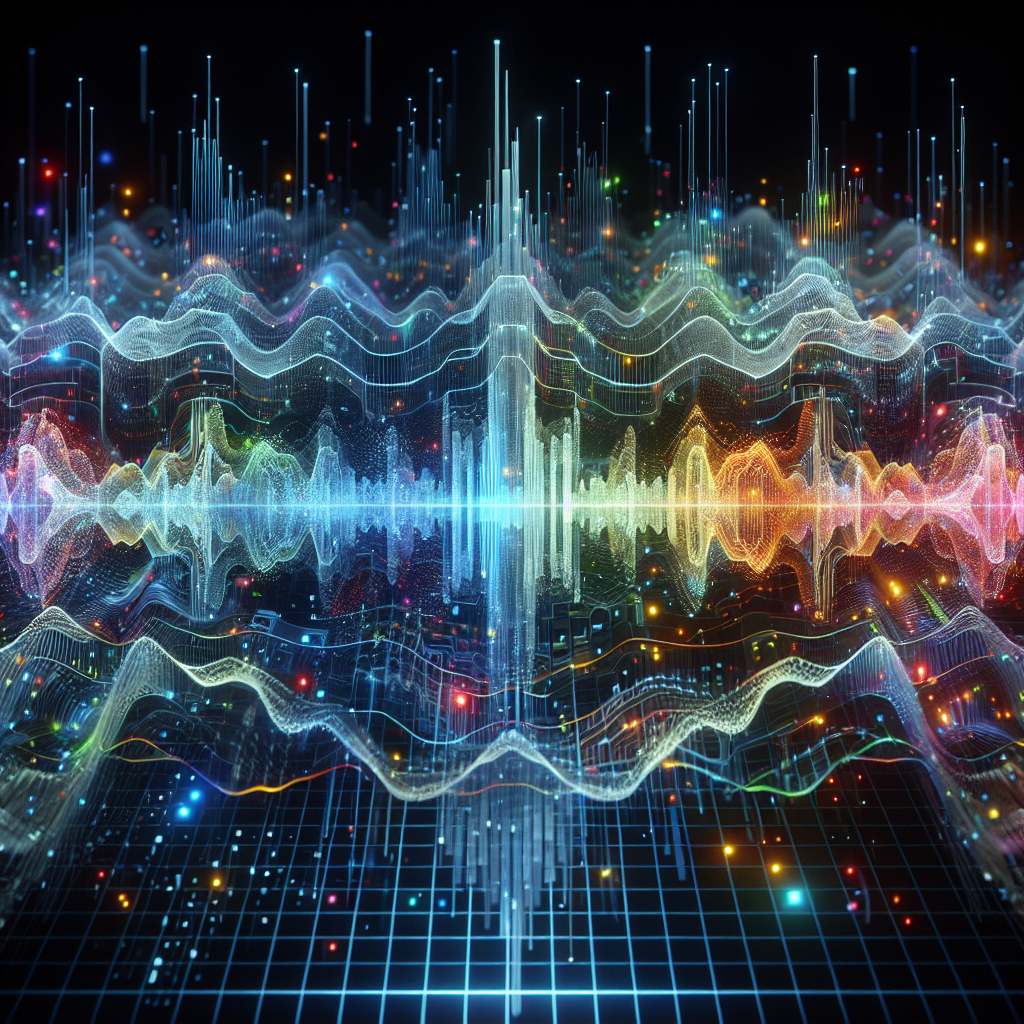The Sonic Revolution: Unpacking 11 Labs' Trailblazing AI Music Model
Introduction: A New Era in AI Music
If you're even remotely interested in the harmonious intersection of technology and music, your ears should perk up at the mention of 11 Labs' latest creation. The AI audio landscape has just been rocked—no, revolutionized—by a preview of their newest music model which promises not to just play music but to redefine the art of sound itself. This isn't just a step forward; it's a quantum leap into the future of automated music production.
What Makes 11 Labs Stand Out?
Unmatched Quality and Versatility
11 Labs isn't new to the game. Known widely for their superior text-to-speech capabilities and eerily accurate voice cloning, they've been setting the standard high for AI audio. Their sound effects? Second to none. But now, they've tossed their hat into the ring with a music model that is nothing short of spectacular.
This model isn't just another AI trying its hand at music generation; it's an artist sculpted from code and algorithms, capable of producing full-length songs across various genres—from the pulsing beats of electronic to the soulful rhythms of jazz. The demonstration tracks provided aren't just music; they're a manifesto of 11 Labs' capabilities.
Authenticity and Emotional Impact
Imagine an AI that doesn’t just understand notes and rhythms but grasps the emotional core of a musical piece. The model's tracks are imbued with a depth that's startlingly human. One of the songs, "It Started to Sing," weaves a narrative that's compelling and rich with emotion, its lyrics and melody indistinguishable from something a human might compose in a burst of inspiration.
The model knows how to start a song, build up the anticipation, then lead you through a journey that’s as unpredictable as it is pleasing. It understands the art of the crescendo and the drop, masterfully manipulating the elements to not just produce sound, but to evoke feeling.
Technical Superiority
The consistent quality of voice across various segments of a song is a technical marvel. In an industry where AI often struggles with maintaining vocal consistency over an extended period, 11 Labs shatters expectations. Their model ensures the vocal tone remains unchanged throughout the song, preserving the artist's identity from start to finish.
The Implications of This Innovation
The potential ramifications of such an advanced AI music model are mind-boggling. This technology could democratize music production, making high-quality song creation accessible to anyone with a laptop. It could revolutionize advertisements, films, and games, providing custom-tailored soundtracks at a fraction of current costs.
But it’s not just about practicality; it’s about the art. The AI’s ability to genre-swap with convincing accuracy opens up new avenues for experimentation and creativity. Musicians might collaborate with AI, using it as a tool to explore new realms of their soundscapes.
Challenges and Considerations
Despite the excitement, this leap forward poses significant challenges. The authenticity of music could be questioned—what does it mean for the industry if a chart-topping hit is penned not by a soulful artist, but by lines of code? And what about the musicians whose livelihoods could be disrupted by this technology?
While these ethical and economic implications simmer in the backrooms of debate halls and music studios, the fact remains: AI music generation is here, and it’s spectacularly good.
Conclusion: The Future Sounds Bright
As we stand on this precipice overlooking a new era of music, it's clear that AI like 11 Labs' model will play a pivotal role in shaping what comes next. Whether it's the perfect fade-out of a pop song or the soul-stirring brass of a jazz piece, the AI has shown it can handle it all with a flair that is astonishingly human.
For anyone passionate about the future of music, AI, or technology at large, this is a symphony you won't want to miss. The stage is set, the lights are on, and AI has grabbed the microphone. The future isn’t just near; it’s here, and it's ready to sing its heart out.
Discover more about AI's role in music and sound technology by exploring these insightful sources:
So buckle up, tune in, and get ready for a musical revolution that promises to tune the strings of the industry like never before. As for myself and fellow enthusiasts, we're all ears—eagerly waiting for what comes next, ready to analyze, critique, and most importantly, enjoy the sonic wonders crafted not just from instruments, but from the very code that is increasingly coming to define our modern world.
Related News
- Navigating the Symphony of AI: A Deep Dive Into the Future of Music Generation
- Unraveling the Symphony of AI-Generated Music: A Deep Dive into the Trends Shaping Our Musical Future
- The Symphony of Silicon: A Deep Dive into the Next Wave of AI-Generated Music
- Sunno AI Dissected: The Pinnacle of Music Generation
- Exploring the Cutting Edge of AI Music Creation with Sunno AI
